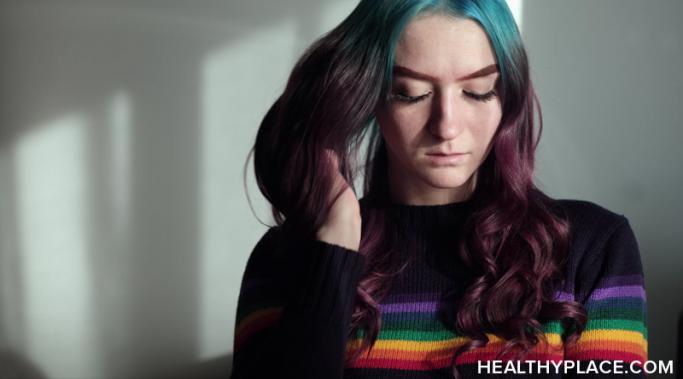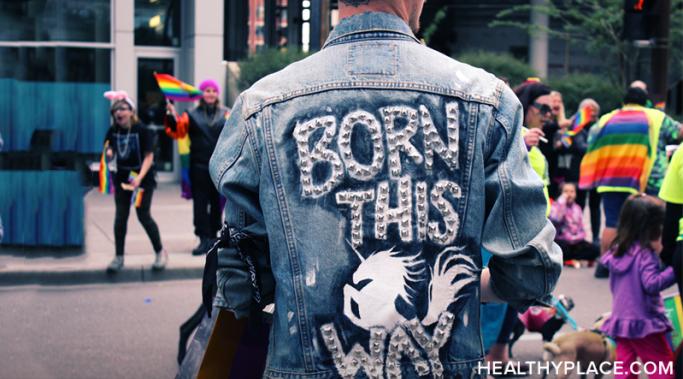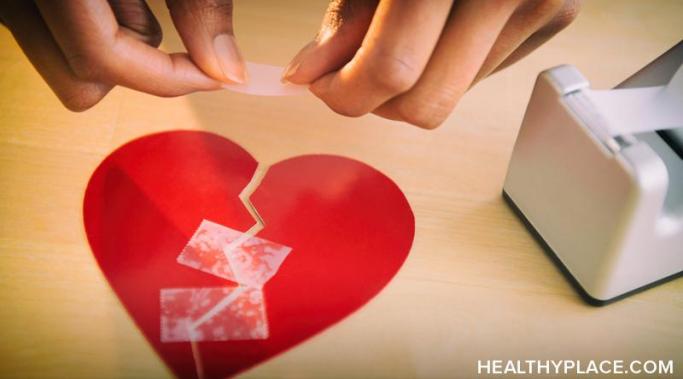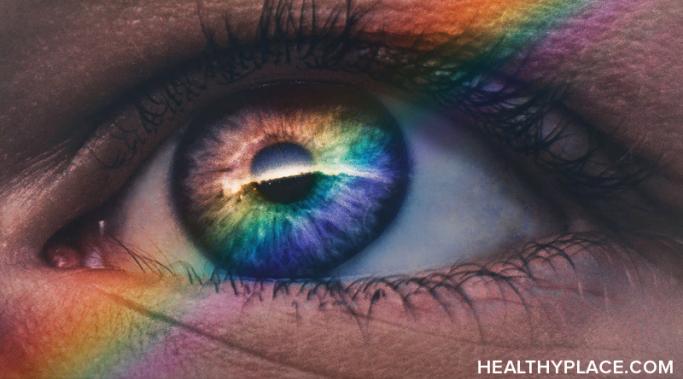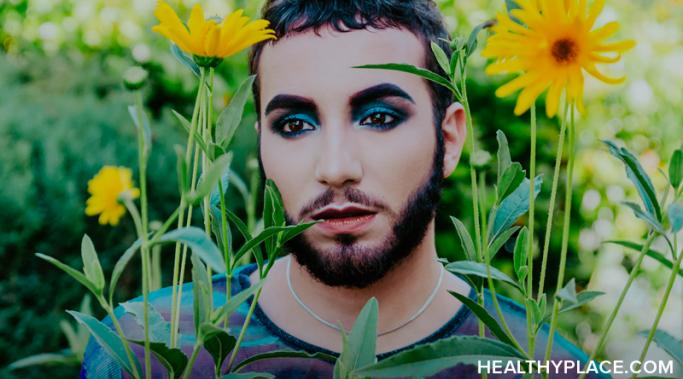Let's face it: navigating family interactions over the holidays can be stressful when you're queer or transgender. Some of us come from accepting families; some of us do not. Some of us have a mix of experiences with our families and face additional stressors over the holidays. The holidays are stressful for everyone, but they pose special challenges for transgender and queer people this time of year. Today, I'd like to break down some tips for navigating family at this time of year.
The Life: LGBT
Today I'm reviewing the queer app Lex. There are quite a few dating apps out there that the lesbian, gay, bisexual, transgender, queer, plus (LGBTQ+) community can use, but this is one of my favorites. It's a text-based dating app based on old lesbian personal ads looking for love and sex. The Lex app allows each user to include one photo, but it primarily functions off of short blurbs that are around 300 characters and a title. While it started focusing on love and sex, it has morphed into a queer social app with just about everything for everyone, including a myriad of queer community and social events. Today, I'll share three things I love and three things that could be better in my review of the queer app Lex.
Recently, I have been thinking a lot about identity labels. More specifically, I've been thinking about whether identity labels help or hurt us. In today's post, I will look at the ways that identity labels support us and, at times, the ways they might hinder us.
There are a lot of new words and concepts out there to describe one's gender identity or sexual orientation, and one of them is bigender. As our community continues to expand and evolve, we develop new language to describe our experiences and identities. You might not have heard of the term bigender before, and trust me, even as a queer person, it can be hard for me to keep up with all the identity words. Today, I want to talk about what bigender means. As a bigender person, I hope you find this helpful.
It's time for me to say goodbye to "The Life: LGBT Mental Health" here at HealthyPlace. I'm grateful to have had the opportunity to share my mental health experiences with everyone. I've learned a lot as a mental health blogger. Most of all, I've learned more about myself and my identity.
Sometimes, you have to leave a queer relationship. All breakups are hard, no matter how you look at it. I have found my queer breakups to be particularly challenging, however. I think for some of us, this can have to do with living portions of our lives authentically, and when we finally are dating the gender or genders of partners that we truly desire, emotions can become intense, and so can connections. My excitement about being with a woman for the first time blinded me from being able to see some of the major issues in our dynamic. But now, I've identified five signs it's time to leave your queer relationship that I wish I had thought about earlier.
October 8th was International Lesbian Day, and in celebration of this day, I thought I would cover one of my favorite topics: lesbian breakups. Breaking up is hard, no matter your gender or sexuality. I know because I've lived all along the gender and sexuality spectrum, and I've survived a lot of breakups. I've had breakups with straight men, gay men, bisexual men, bisexual women, and, oh, lesbians. Hands down, the most challenging breakup I've had has been with my most recent lesbian-identified relationship.
I live as a transgender person, and I also have bipolar disorder. While being transgender is not a mental illness, these two things still have a lot in common. Over the years, I've reflected on what these two things share. Today, I'll discuss the commonalities between them and what it feels like to live both as a transgender person and as a person with bipolar disorder.
Identity policing is when a person tries to tell another person (usually one with a marginalized identity) that their identity is invalid or that they can't or don't belong to an identity group they claim to identify with. I wanted to talk about this after my last post, where I talked about what it means to be a lesbian. Unfortunately, even within the queer community, I have had my identity policed on more than one occasion. Identity policing can be extremely hurtful and problematic. Allow me to illustrate with the example that follows from my life.
Lesbian is the first letter of the queer alphabet soup. We've all heard LGBTQ+ (lesbian, gay, bisexual, transgender, queer, plus.), but what does lesbian actually mean? People used to define lesbians as "women loving women," but this definition is outdated and doesn't take into account the many transgender, non-binary, and gender non-conforming humans who still proudly call themselves lesbians. I am one of these people.
